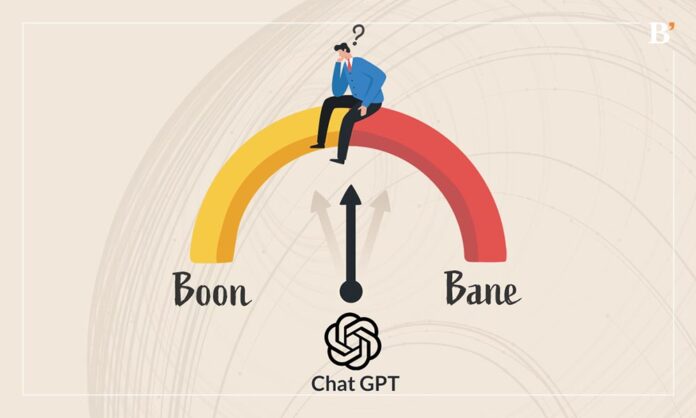Key Highlights
- ChatGPT and similar AI models are poised to revolutionize healthcare, potentially reducing medical errors and enhancing patient care.
- Ethical concerns arise as doctors explore AI’s role in complex medical decisions, highlighting the need for careful human oversight in healthcare applications.
Dr. Robert Pearl, a former CEO of Kaiser Permanente and now a professor at Stanford Medical School, believes that AI, particularly language models like ChatGPT, will play a transformative role in healthcare. He suggests that these models will become indispensable tools for doctors, akin to how the stethoscope has been in the past.
Current Applications of AI in Medicine
Doctors are finding various applications for AI models like ChatGPT in their daily practice. They use them to summarize patient care, compose letters, and seek suggestions when faced with challenging diagnoses.
The potential applications seem vast, with technology like ChatGPT being able to sift through digital health records and provide patients with concise summaries of complex medical information.
However, there are concerns among healthcare professionals about the reliability and ethical implications of using AI in clinical settings. Language models like ChatGPT can sometimes generate incorrect or biased responses, potentially leading to incorrect diagnoses or treatment plans. Users must also be cautious about AI-generated information that may not always be factual or up-to-date.
Role of AI in Complex Ethical Decisions
While AI can be valuable for tasks like text summarization, some bioethicists worry that doctors might rely on these tools for making complex ethical decisions, such as deciding on surgery for patients with low chances of survival or recovery. They argue that certain aspects of medicine, like ethical considerations, should remain the domain of human expertise.
- Despite the potential pitfalls, Dr. Pearl remains optimistic about the future of AI in healthcare.
- He envisions AI models evolving to become powerful tools that can augment doctors and help patients manage chronic diseases, potentially reducing medical errors.
- However, he emphasizes the need for human oversight and discernment, as some aspects of medicine, such as end-of-life conversations and highly variable patient needs, are best handled through human-to-human interactions.
While AI models like ChatGPT hold promise in healthcare, there are significant challenges and ethical considerations that need to be addressed. Striking the right balance between AI assistance and human expertise remains crucial in the evolving landscape of healthcare technology.
FAQs
1. What is ChatGPT’s role in healthcare?
ChatGPT can assist doctors by summarizing patient care, composing letters, and providing information from medical records.
2. Can AI models replace doctors in ethical decisions?
No, AI models like ChatGPT should not replace human expertise in complex ethical decisions in healthcare.
3. How can AI models benefit patient care in the future?
AI models may help manage chronic diseases and reduce medical errors, potentially improving overall patient outcomes.




